Discover the benefits of biodigesters versus septic tanks for waste management in Kenya.
Learn why Bio Digester Kenya offers the best eco-friendly solution for both residential and commercial properties.
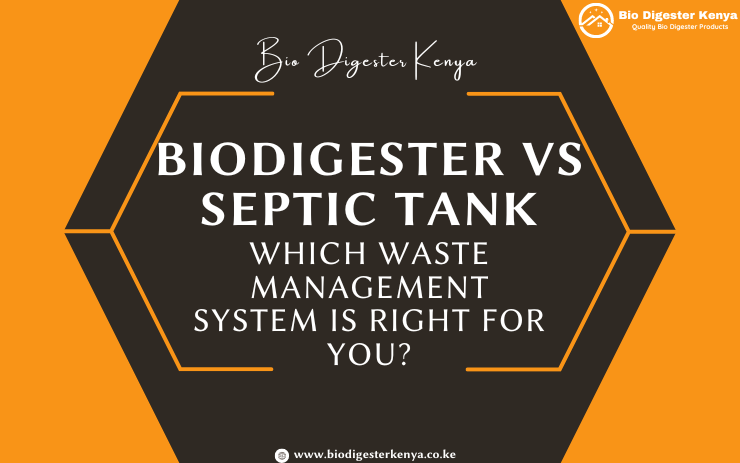
Introduction
Choosing the right waste management system for your home or business can feel overwhelming.
With terms like biodigester septic tank and traditional septic tank floating around, how do you know what’s best?
Waste management isn’t just about convenience—it’s about sustainability, efficiency, and ensuring your property stays free from contamination.
Here in Kenya, more and more people are turning to biodigesters as a modern, eco-friendly alternative.
That’s where Bio Digester Kenya comes in, offering innovative solutions that suit both residential and commercial needs.
Let’s dive into the pros and cons of biodigesters and septic tanks, so you can make an informed decision.
What is a Biodigester?
A biodigester is a modern waste management system that uses natural enzymes and bacteria to break down waste.
Unlike septic tanks that rely on large underground chambers and need frequent maintenance, biodigesters turn waste into water and air, which means no foul smells and minimal intervention.
At Bio Digester Kenya, we design systems specifically for the Kenyan environment.
Whether it’s a residential home or a commercial space, biodigesters are tailored to suit your waste management needs.
The best part? They require very little water and are incredibly efficient.
What is a Septic Tank?
A septic tank is the traditional method of handling waste.
Typically, it’s a large tank buried underground that holds waste, separating solids and liquids.
The liquid flows into a leach field, where it’s absorbed into the soil.
While septic tanks have been around for a long time, they require regular pumping to avoid clogging and contamination, and let’s face it—they can start to smell over time.
Septic tanks are usually installed on larger properties, where there’s plenty of space for the leach field.
However, in urban areas or for eco-conscious homeowners, septic tanks may not be the best option.
Key Differences Between Biodigester and Septic Tank
When comparing a biodigester septic tank with a traditional septic tank, several factors come into play:
- Technology: Biodigesters use enzymes to break down waste, turning it into harmless byproducts. Septic tanks separate waste but rely on pumping and extensive drainage fields.
- Space: Biodigesters are compact, perfect for urban areas, whereas septic tanks need large leach fields.
- Maintenance: Biodigesters require enzyme replenishment, but they don’t need regular pumping like septic tanks.
How Biodigesters Work: Breaking Down the Process
So, how exactly does a biodigester work?
The waste from your home is piped into the biodigester, where biodigester enzymes break it down.
Over time, the waste is converted into water and air.
The water is then absorbed into the soil through a soaking area, making it a closed-loop system with minimal environmental impact.
How Septic Tanks Work: A Closer Look
In a septic tank, waste enters the tank, where solids settle at the bottom and liquids flow into a leach field.
The solids build up over time and need to be pumped out regularly.
If the system isn’t maintained, you risk backups, clogs, and even groundwater contamination.
Biodigester Pros
- Environmentally Friendly: Biodigesters prevent harmful contaminants from entering the ground and water supply. In Kenya, where water conservation is key, this is a huge advantage.
- Minimal Maintenance: With biodigesters, the only maintenance required is adding biodigester enzymes periodically. No need for expensive, frequent pumping.
- Compact Design: Whether you live in a small urban home or a large rural property, biodigesters fit almost anywhere.
- Odor-Free: No more worrying about bad smells. Biodigesters produce air and water—nothing else!
Biodigester Cons
- Higher Initial Cost: Installing a biodigester can cost more upfront, but the long-term savings on maintenance are worth it.
- Enzyme Dependency: Biodigesters need enzymes to function properly, so you’ll need to replenish them periodically (available through Bio Digester Kenya).
- Skilled Installers Required: Not every contractor can install a biodigester, but that’s why Bio Digester Kenya is here to help.
Septic Tank Pros
- Lower Initial Installation Cost: Septic tanks can be cheaper to install, especially for large properties with ample space.
- Long History of Use: Septic tanks are a well-known, established technology that many homeowners are familiar with.
- Suitable for Large Properties: If you have a lot of land, septic tanks can work well with their large leach fields.
Septic Tank Cons
- Frequent Pumping: Septic tanks require regular pumping, which can get expensive and inconvenient.
- Potential for Environmental Issues: Without proper maintenance, septic tanks can leak, causing contamination of groundwater.
- Odors: Unlike biodigesters, septic tanks can emit unpleasant odors, especially when they need to be pumped.
Why Biodigesters Are the Ideal Solution for Kenya
In Kenya, where water conservation and environmental sustainability are critical, biodigesters offer a perfect solution.
They use minimal water, break down waste efficiently, and have a low environmental impact.
Whether you live in a residential home or run a commercial business, Bio Digester Kenya can design and install a system that meets your needs.
Cost Comparison: Biodigester vs Septic Tank
While biodigesters may have a higher upfront cost, the long-term savings make them a smart investment.
With minimal maintenance and no need for pumping, the overall expenses are much lower than those associated with septic tanks.
Plus, you avoid the risk of environmental damage and the need for a large leach field.
Maintaining Your Biodigester
Maintaining a biodigester is simple.
The main task is to periodically add biodigester enzymes to keep the system functioning optimally.
At Bio Digester Kenya, we supply these enzymes and offer guidance on how to maintain your system.
With proper care, your biodigester can last for decades.
Bio Digester Kenya: Your Partner in Modern Waste Management
When it comes to biodigesters in Kenya, Bio Digester Kenya is the leading expert.
We design, install, and maintain biodigesters for both residential and commercial properties.
Our team understands the unique needs of the Kenyan environment, ensuring your biodigester is built to last.
Plus, we provide the enzymes you need to keep your system running smoothly.
Conclusion
When it comes down to it, biodigesters are a more sustainable, efficient, and eco-friendly option compared to septic tanks.
Not only do they require less maintenance, but they also help conserve water and protect the environment.
If you’re looking for a modern, reliable waste management solution for your home or business in Kenya, Bio Digester Kenya is here to help.
Get in touch today to learn how we can design and install the perfect system for your needs.
FAQs
What’s the difference between a bio septic tank and a traditional septic tank? A bio septic tank, or biodigester, uses enzymes to break down waste, while a traditional septic tank separates waste into solids and liquids, requiring regular pumping.
How long does a biodigester last? With proper maintenance, a biodigester can last for decades, often outlasting traditional septic tanks.
Can a biodigester handle all types of waste? Yes, biodigesters are designed to handle both organic and human waste, converting it into water and air.
How often should I add biodigester enzymes? You should add enzymes every few months to keep your system running efficiently.
Is a biodigester suitable for commercial spaces? Absolutely! Biodigesters are ideal for both residential and commercial use, especially in Kenya, where water conservation is key.

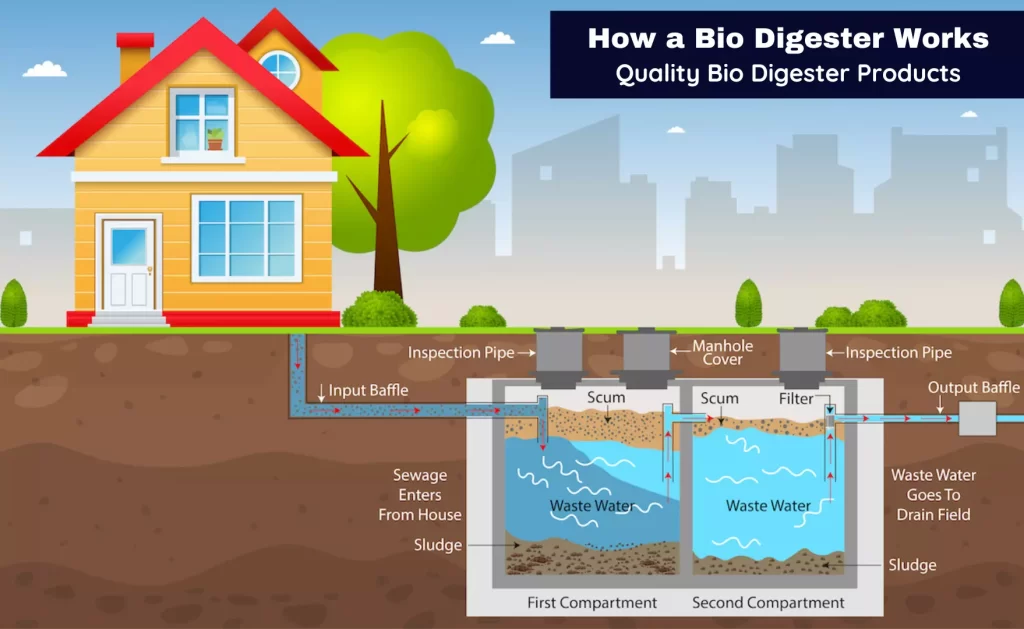







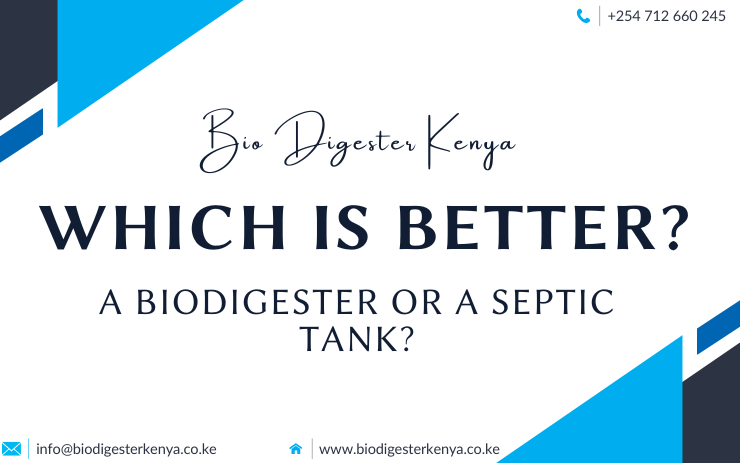
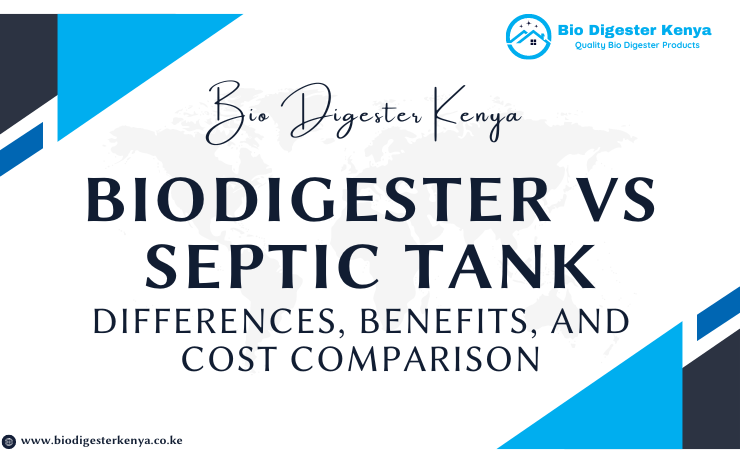
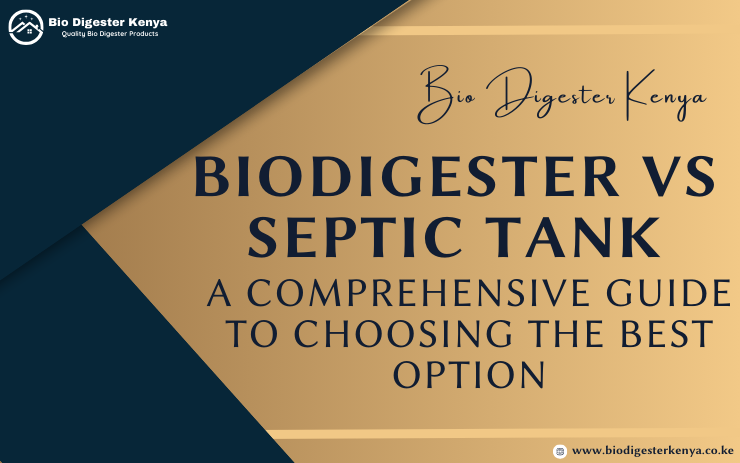



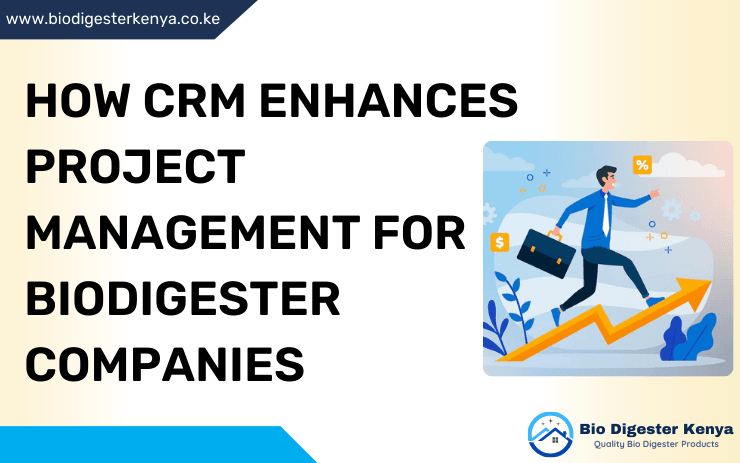

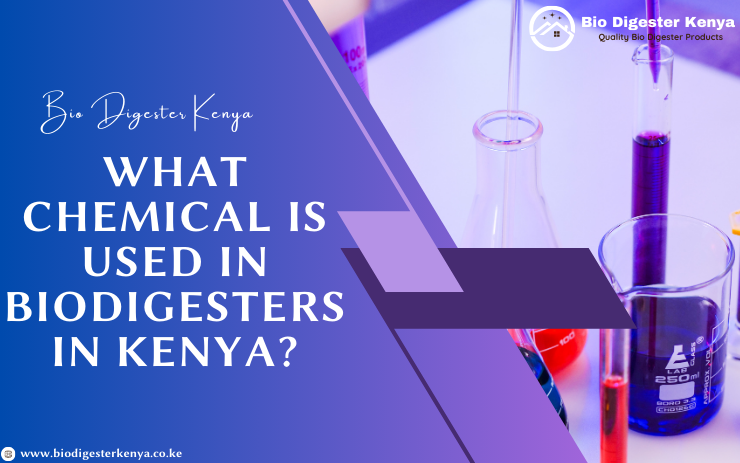
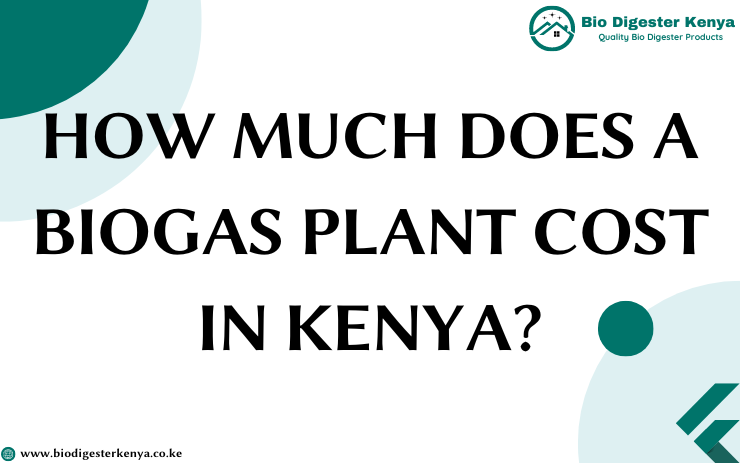





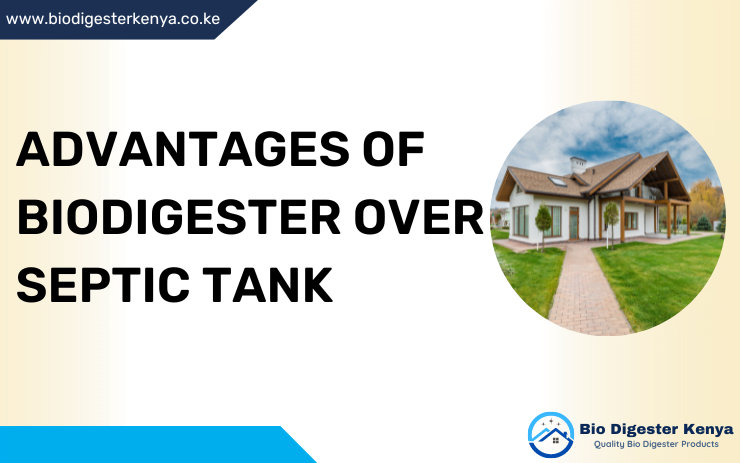
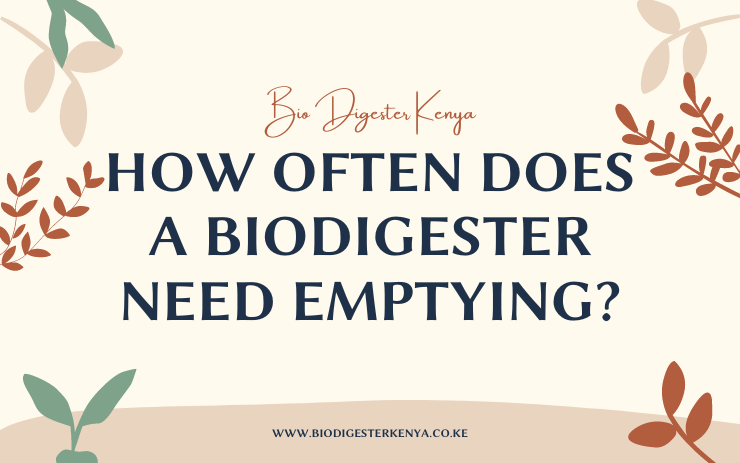


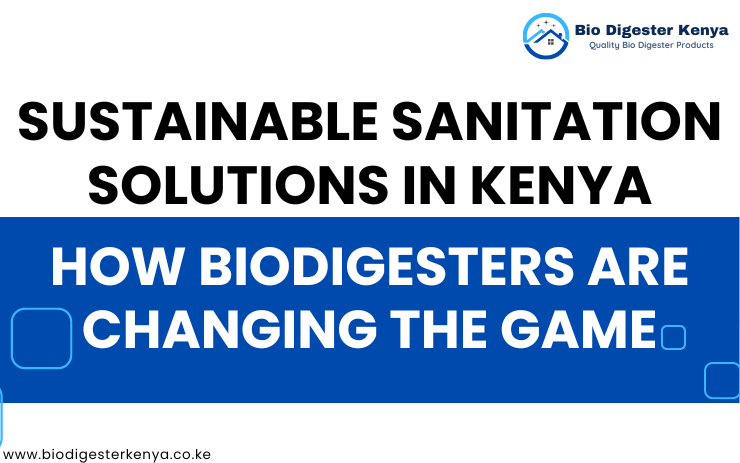

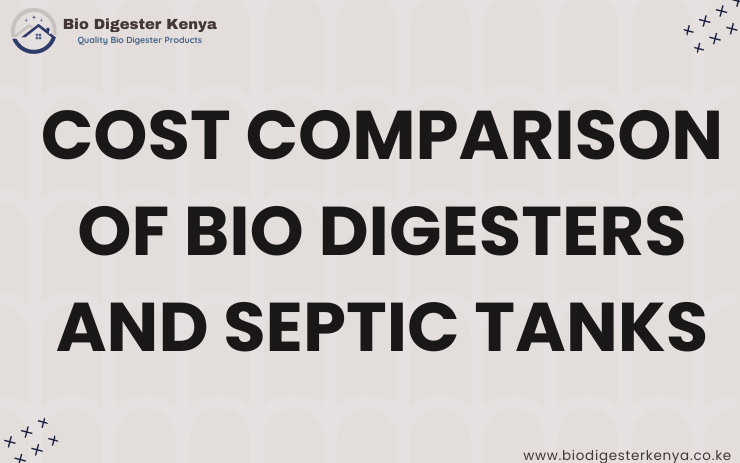

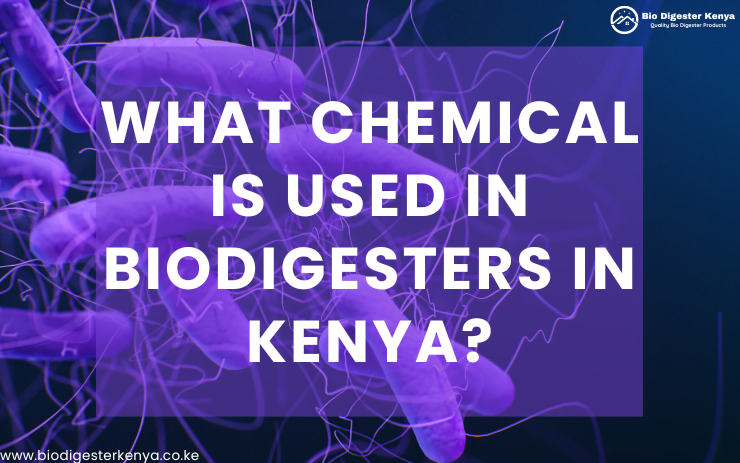
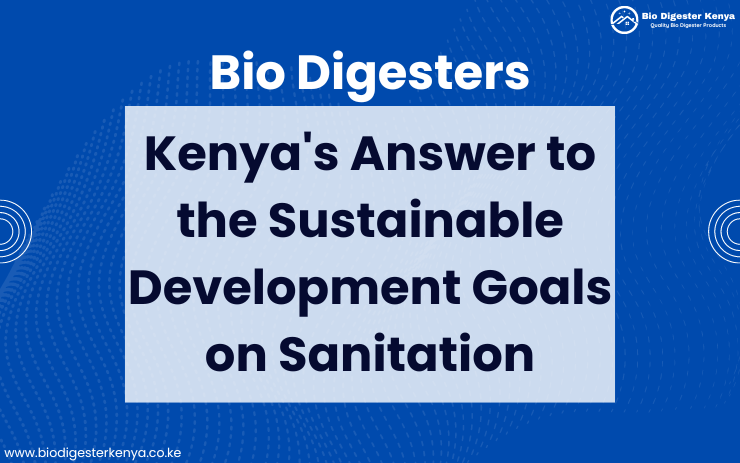
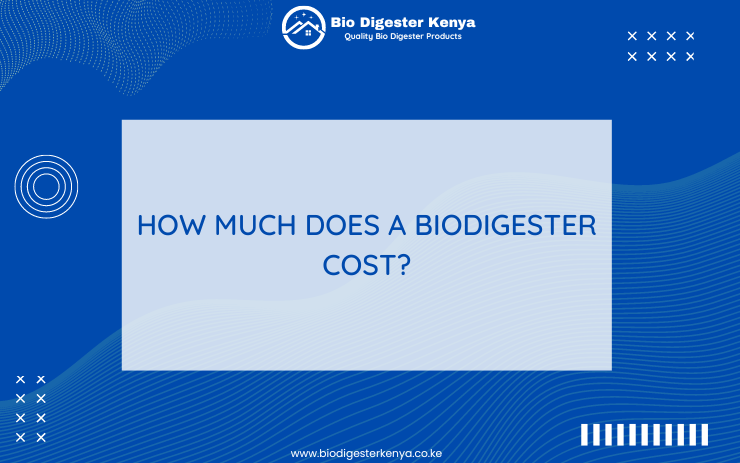
















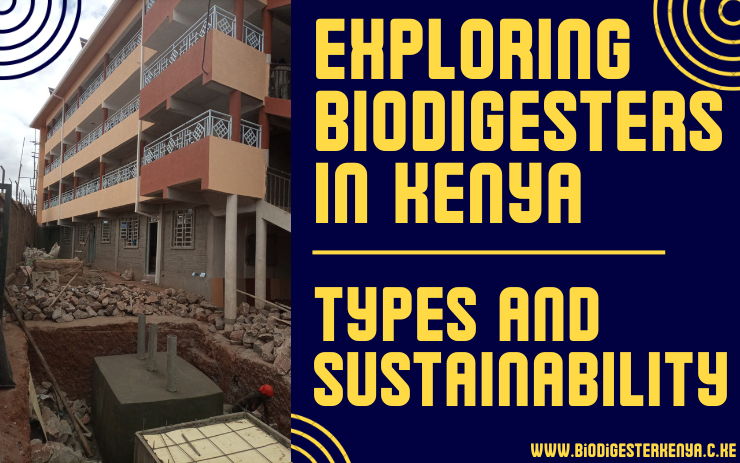





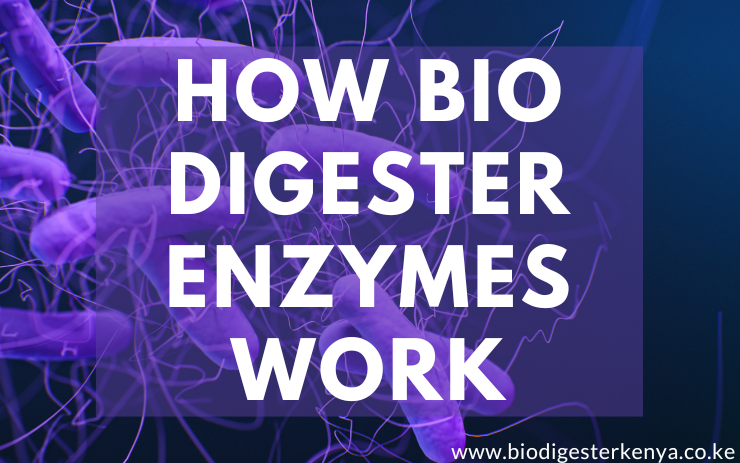




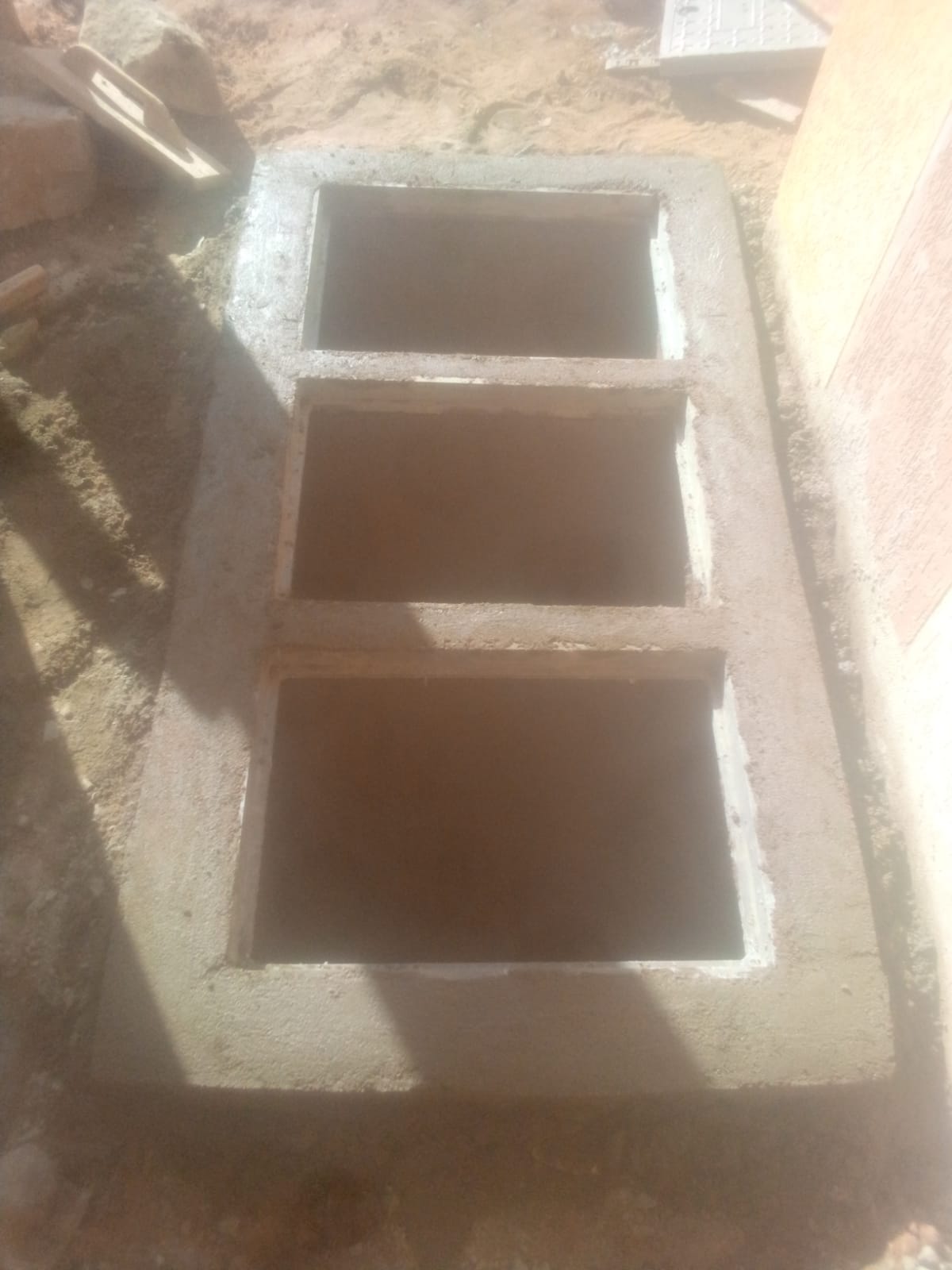

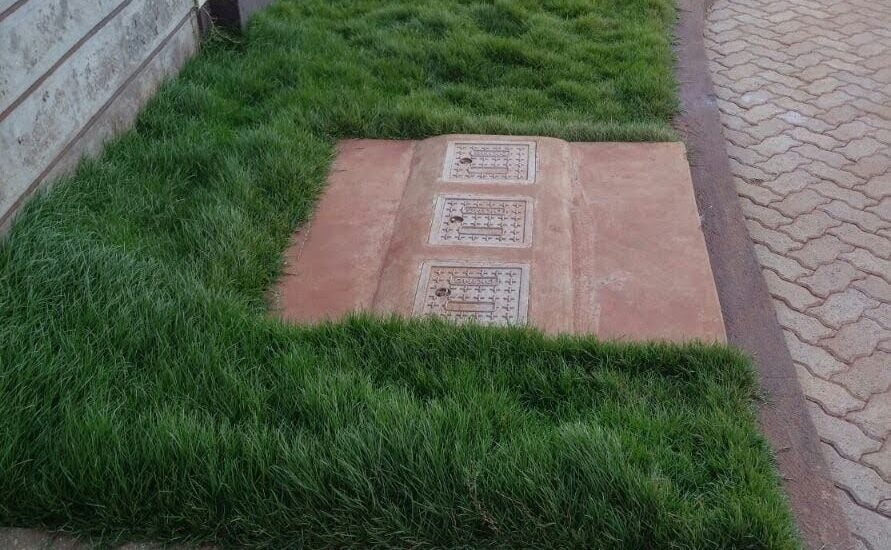
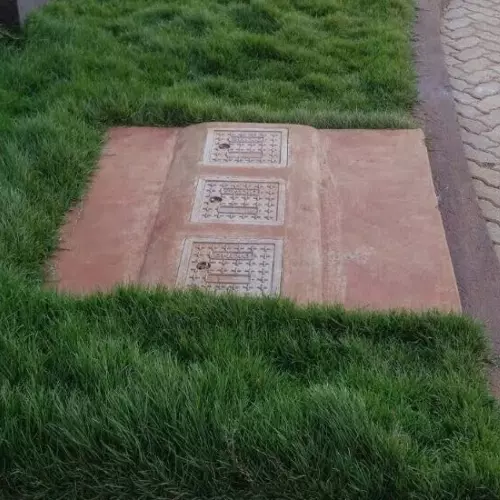

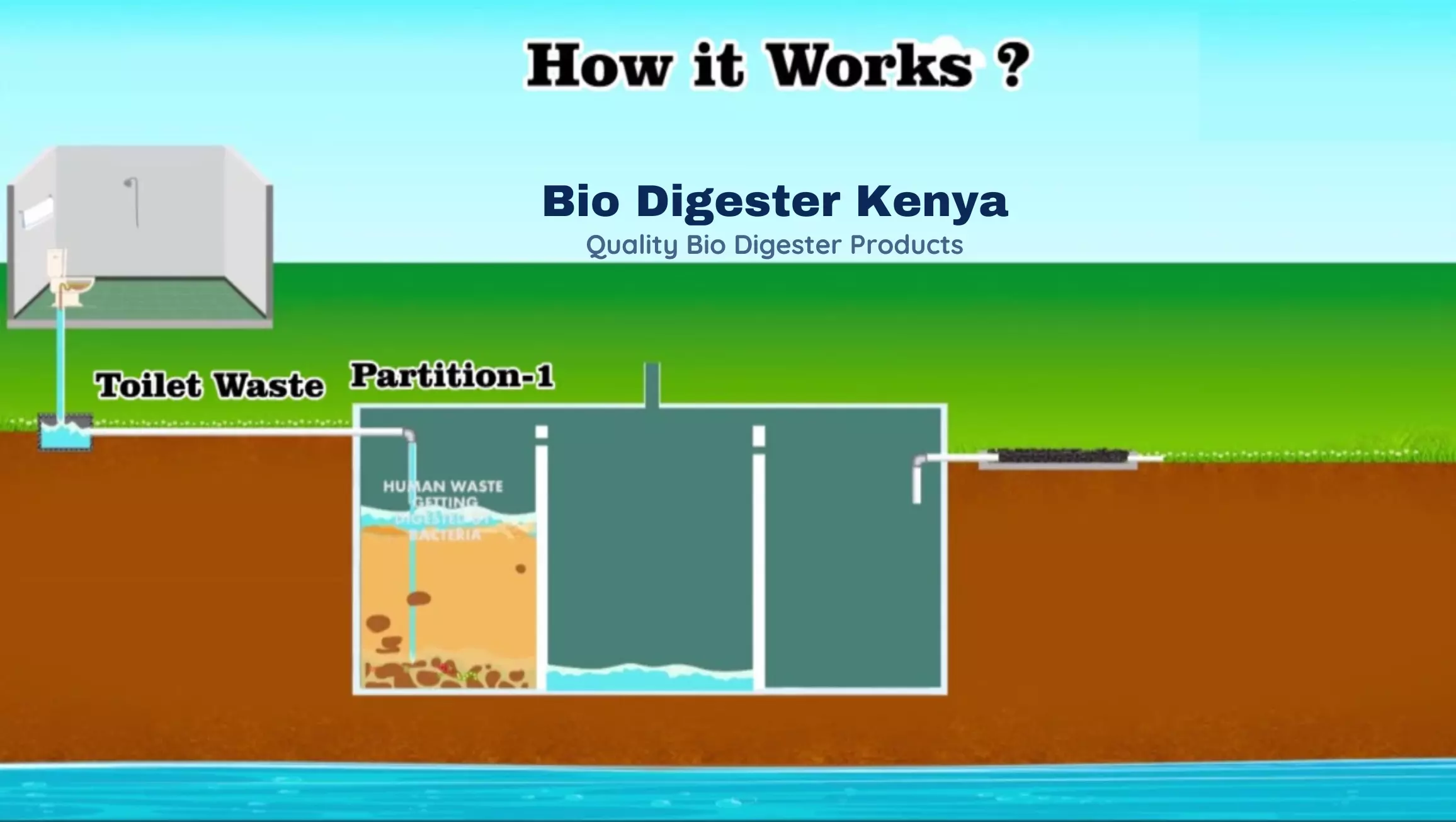
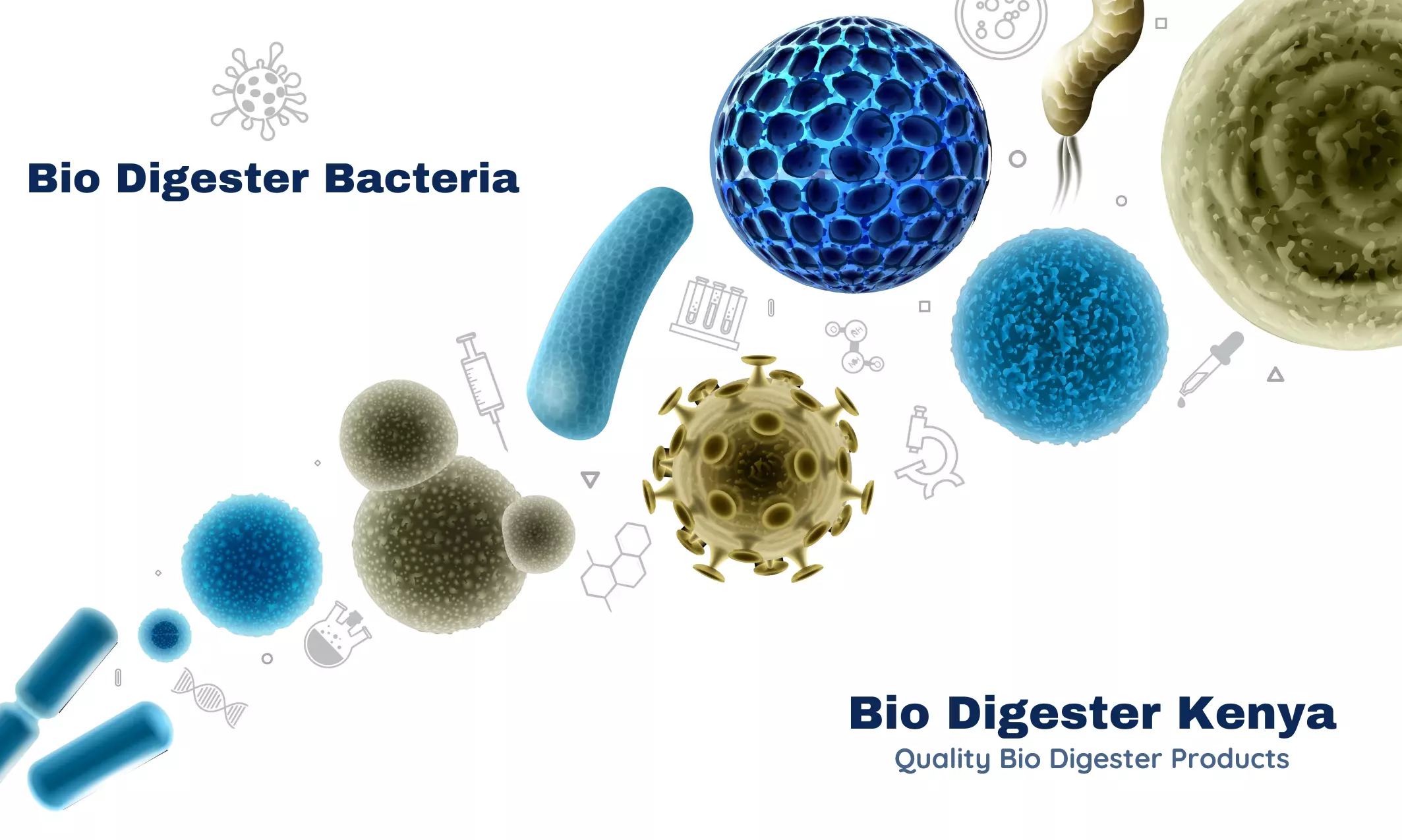
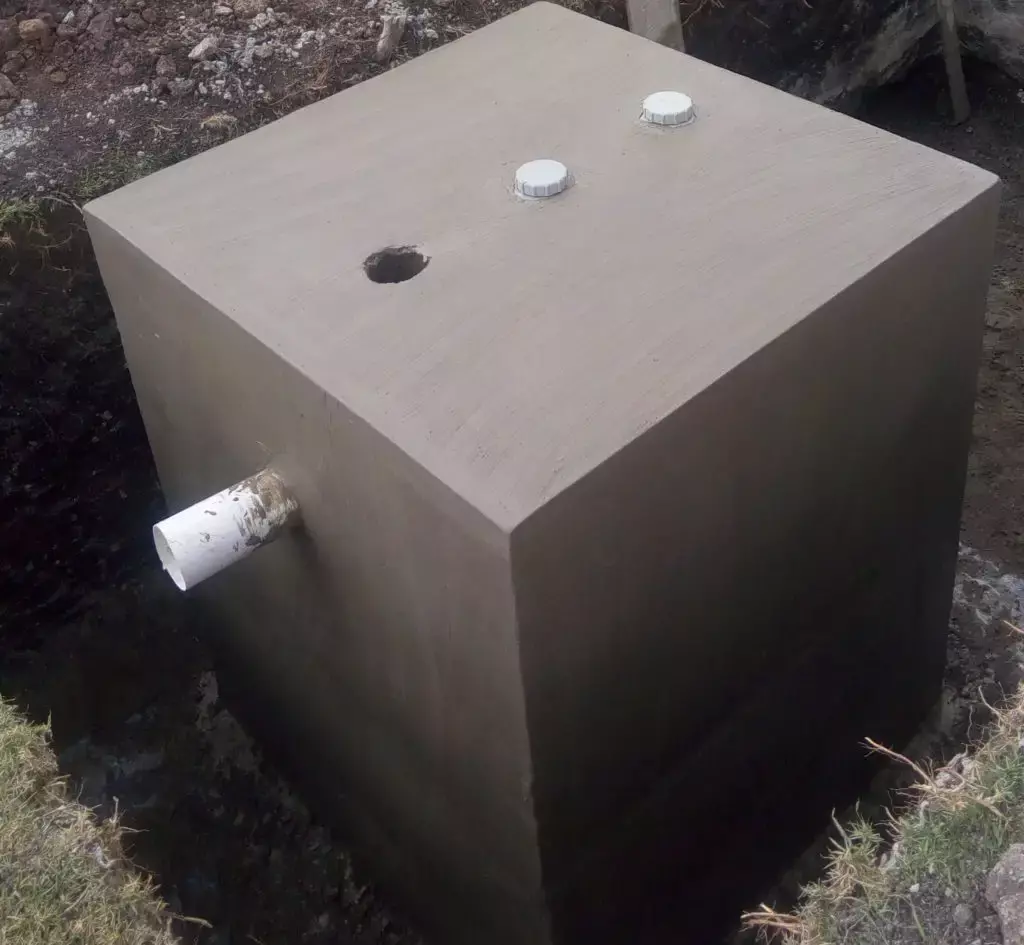
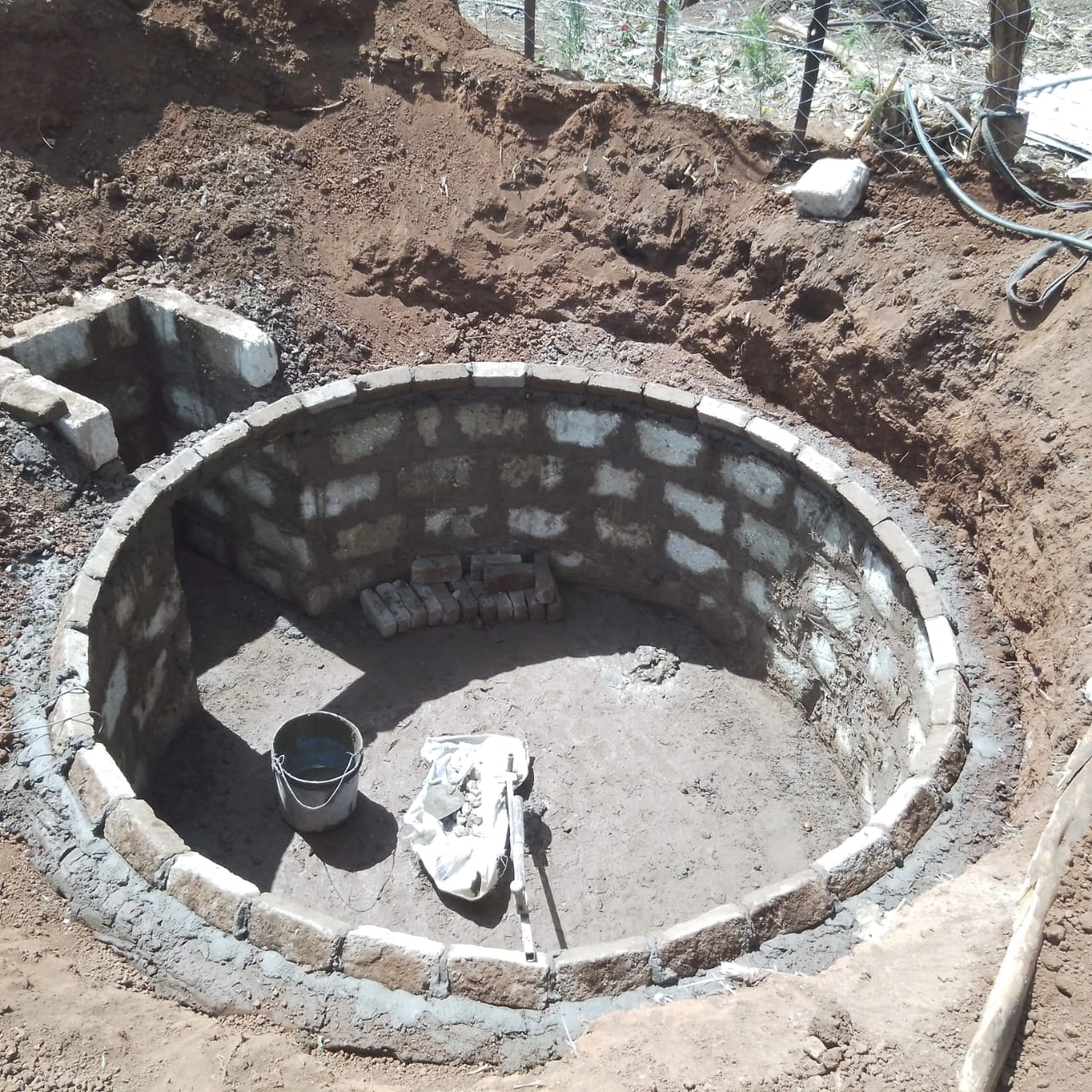
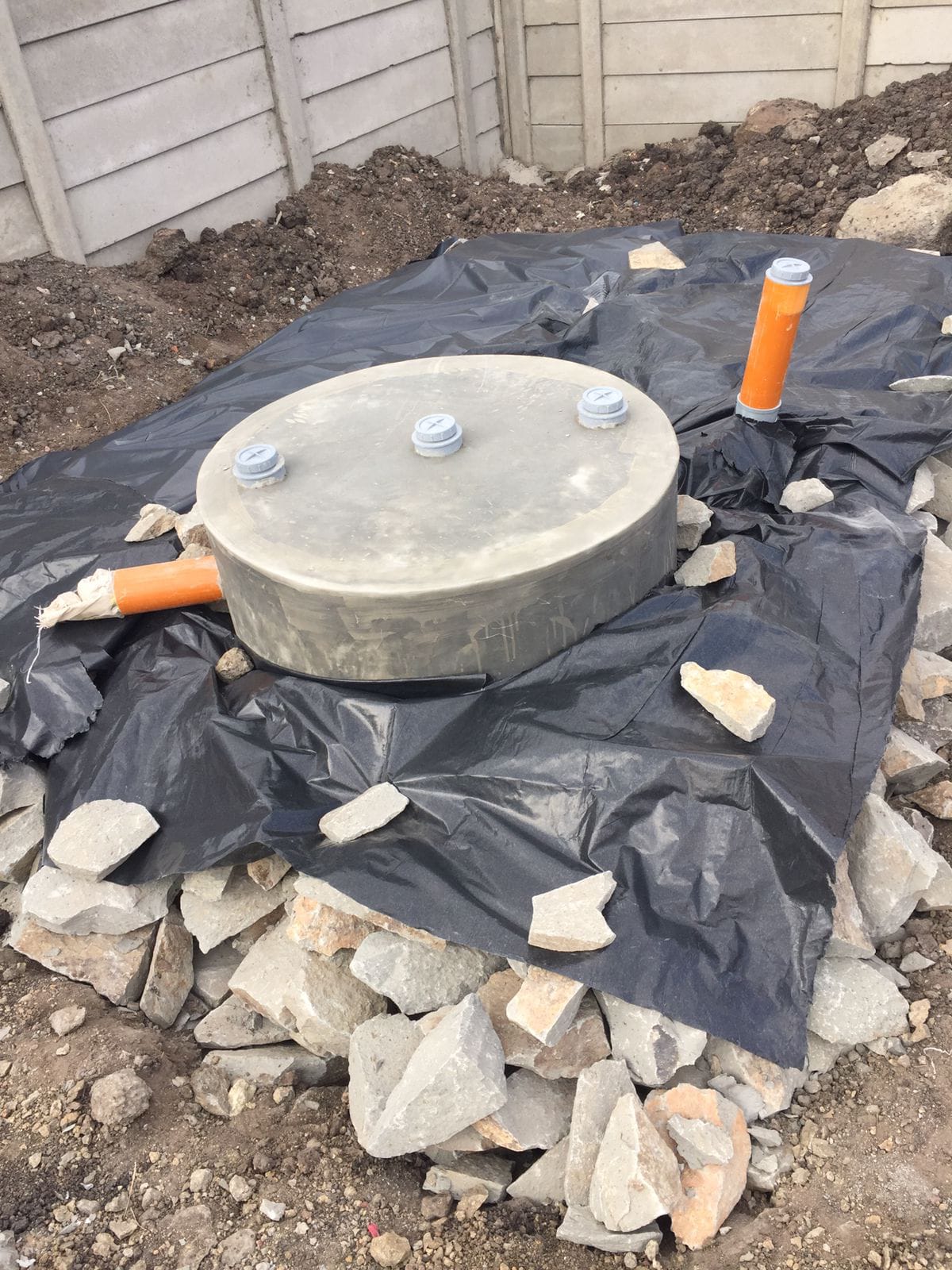
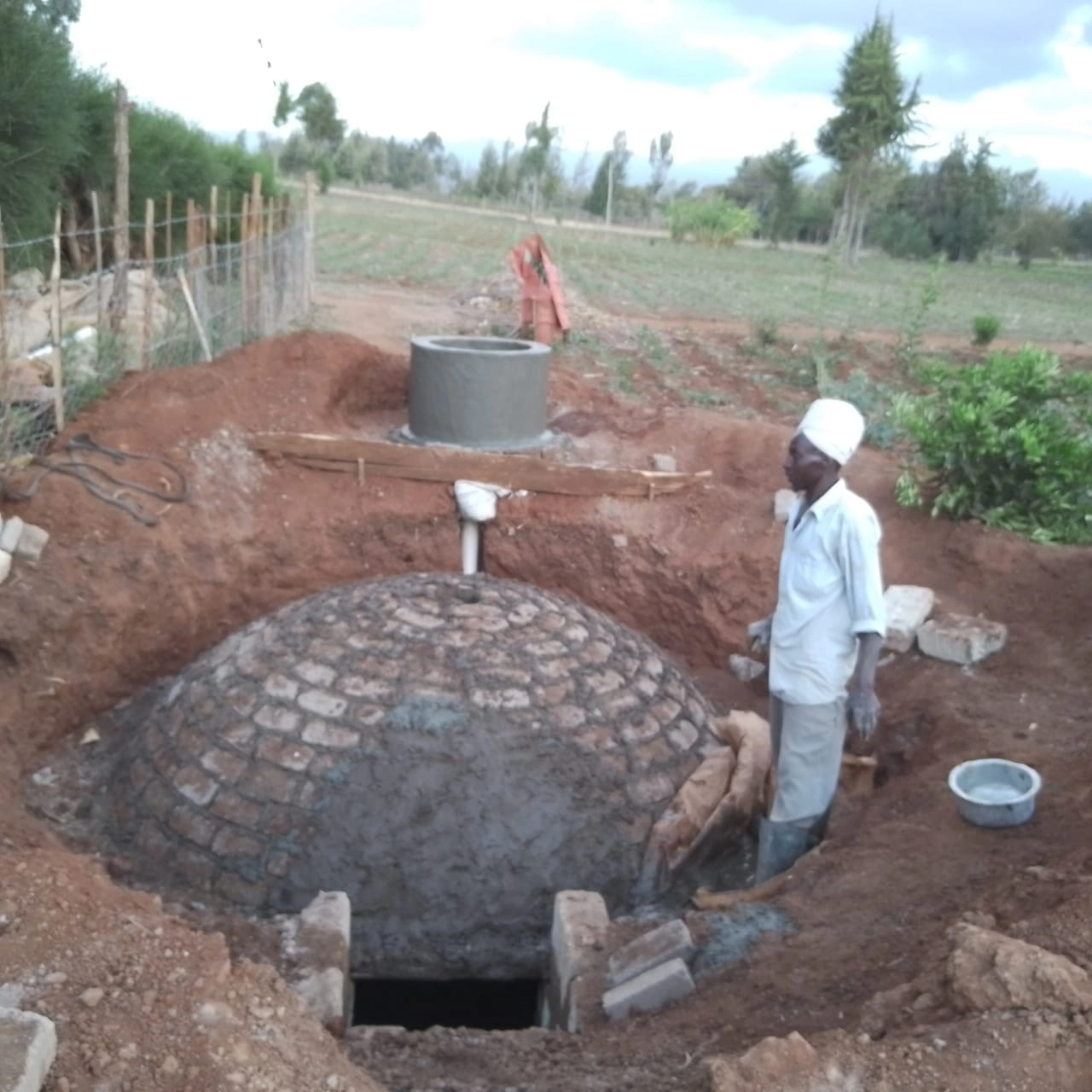
Grace
September 30, 2024 at 5:51 amGreat article. Learned a lot.